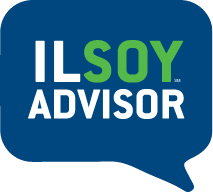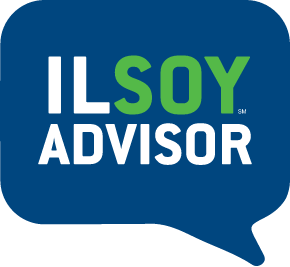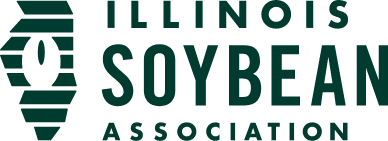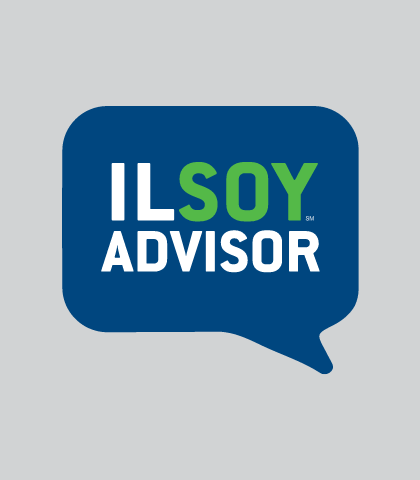Deforestation-free Soy
The soy industry is under fire. In May 2021, retailers threatened action over the deforestation of the Amazon. Although deforestation of the Amazon region is a regional problem – or rather global as most of the world is deforested by now – it reflects badly on the soy sector as a whole.
However, it is difficult to make deforestation-free claims. Take pork for example. By and large, pigs are soy-fed but equally certain is that farms have no idea where their soy comes from. Soy supply chains, like all commodities, are long and complex and operate with mass balance certification systems. This means that claims are disconnected from the physical flow of goods. Claims refer to a share of the volume. Feed companies, farms, retailers and consumers therefore have no idea if the soy they consume contributes to deforestation.
The solution?
Feed companies notice an increasing demand for soy-free feed, and deforestation-free feed at a minimum. New technology can help. Blockchain, the technology behind Bitcoin and NFTs, is a great tool for tracking and tracing supply chains. It’s no wonder that blockchain is known mostly because of the financial and ownership use cases, since blockchain is a tool for creating an immutable shared truth throughout a network. Of course, creating an immutable shared truth could also be greatly beneficial for the agrifood industry and in particular for long, complex supply chains like the soy supply chain. With blockchain, supply chain partners can share information throughout the entire supply chain and make trustworthy claims to everybody in the supply chain, including the end consumer.
Sustainable Open Soy
Since 2019, The New Fork is working on Sustainable Open Soy (SOS). This solution was one of the The Yield Lab’s Soy Innovation Challenge finalists in 2021. SOS is the implementation of Open Food Chain in the soy supply chain from U.S. soy farms to Dutch end-consumers. Open Food Chain is an open source, open public blockchain solution that is very suitable for the complex soy supply chain.
It’s unique in several ways, first of all because it’s open and public. Blockchain solutions in agrifood are currently often initiated from one or more companies in the form of a private permissioned blockchain solution. That means that the initiators get to decide the rules of engagement and have to give permission for other parties to onboard. Sometimes parties have the possibility to alter the information in the system, making it no longer immutable.
Another issue that blockchain solutions in agrifood often face is that they are too expensive to use beyond a pilot. Transaction costs and maintenance costs can add up quickly for intensive use. Open Food Chain is designed to scale and has no transaction costs. There is no other blockchain solution that has zero transaction costs. Therefore, the cost structure of SOS is very predictable and completely independent from speculations in crypto markets.
Speaking of scaling, Open Food Chain is interoperable by design. It works jointly with other (blockchain) systems to create complex claims. Think, for example, working together with a blockchain solution that aids financial transactions like Dusk.
Blockchain sometimes gets a bad reputation because of the energy usage. Open Food Chain however runs energy efficiently by using delayed proof of work, a combination of proof of stake and proof of work, to secure the system.
An issue with blockchain is that it is a new and rather abstract technology. The New Fork is proud to present JuicyChain, an implementation of Open Food Chain in the juice industry. JuicyChain is used by competitors to communicate sustainability information across the supply chain. This example can inspire and help to make blockchain less abstract.
What’s next?
Currently, the Sustainable Open Soy consortium with o.a. Ahold Delhaize and USSEC is looking for co-investors and supply chain partners at the farm level. If you are interested in more information, please get in touch.






 and then
and then